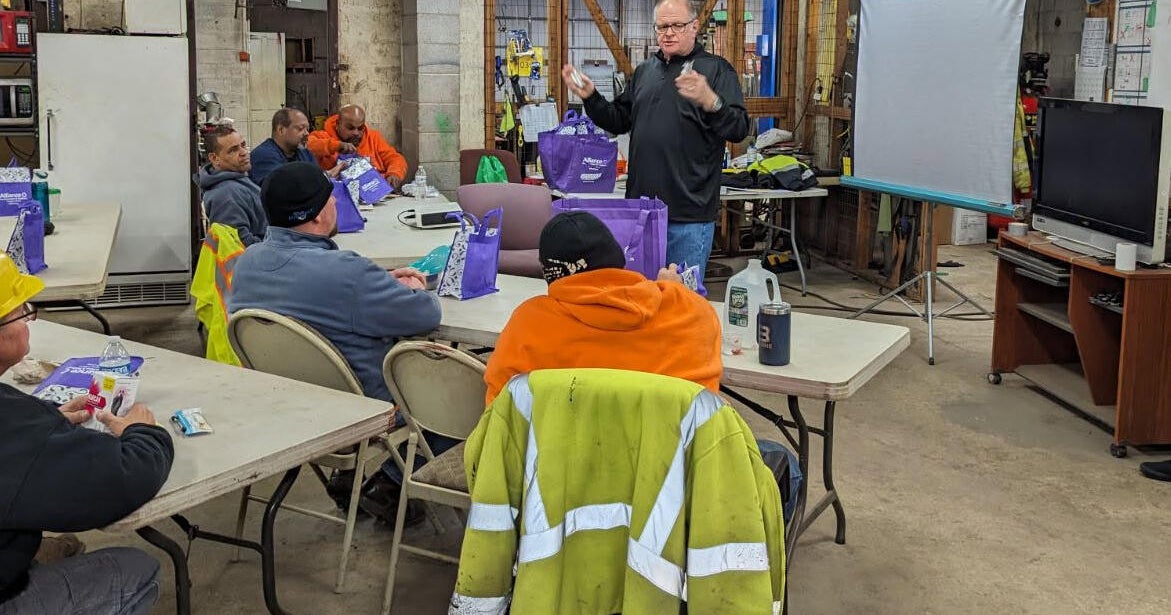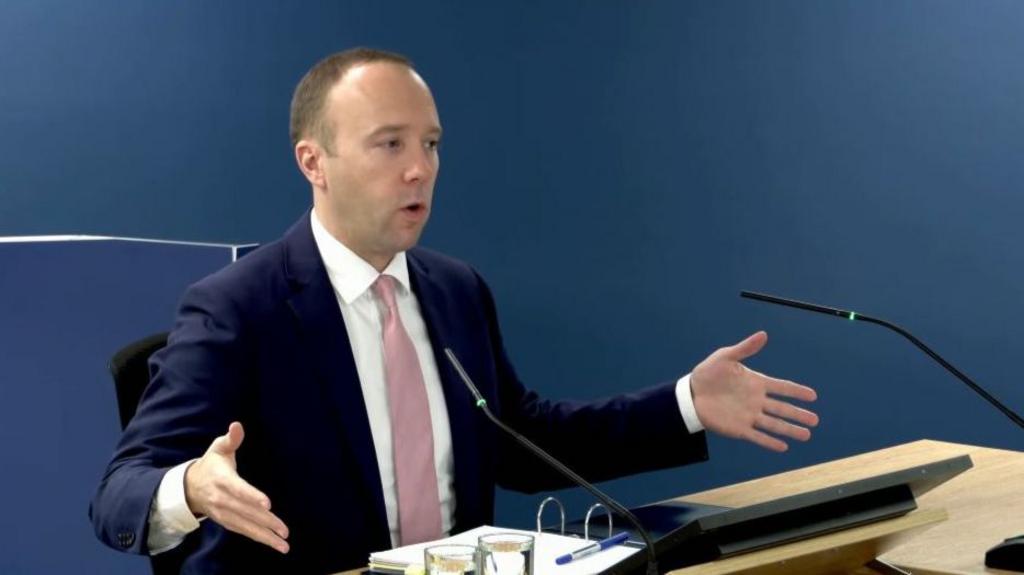Social Media Challenges Putting South African Kids' Health at Risk – Doctors Issue Urgent Warning

Doctors in South Africa are sounding the alarm over a worrying trend: increasingly dangerous social media challenges impacting children as young as 12. These viral trends, often promoted by influencers, can lead to severe and unpredictable health consequences, with some posing a life-threatening risk. We explore the challenges, the dangers, and what parents and caregivers can do to protect their children.
The Rise of Risky Challenges
Social media platforms have become integral to the lives of many South African children and teenagers. While these platforms offer opportunities for connection and learning, they also present new risks. The current concern revolves around viral 'challenges' – tasks or stunts that users are encouraged to perform and share online. While some challenges are harmless, a growing number are incredibly dangerous, pushing young people to engage in risky behaviours they might not otherwise consider.
Specific Dangers and Health Risks
Researchers have highlighted several challenges that are particularly concerning. These include:
- 'Blackout Challenges': Involving prolonged periods of oxygen deprivation, these can lead to brain damage and even death.
- 'Dare Challenges': Encouraging participants to perform dangerous stunts, often involving heights, vehicles, or harmful substances.
- 'Dietary Challenges': Promoting unhealthy and restrictive eating habits, potentially leading to eating disorders and nutritional deficiencies.
- 'Physical Endurance Challenges': Pushing participants beyond their physical limits, increasing the risk of injury and exhaustion.
The unpredictable nature of these challenges means that the consequences can be severe and often irreversible. Medical professionals are seeing an increase in cases related to these trends, highlighting the urgency of the situation.
Why Are Kids Participating?
Several factors contribute to why children and teenagers participate in these challenges. The desire for social acceptance and validation is a significant driver. Young people often feel pressured to participate to fit in with their peers or gain attention online. Furthermore, the anonymity offered by social media can embolden some to take risks they wouldn't otherwise. The influence of social media personalities and the perceived 'coolness' factor can also play a role.
What Can Parents and Caregivers Do?
Protecting children from the dangers of social media challenges requires a proactive approach. Here are some key steps parents and caregivers can take:
- Open Communication: Talk to your children about the risks of social media and encourage them to come to you if they feel pressured to participate in a challenge.
- Monitor Online Activity: Be aware of the platforms your children are using and the content they are consuming.
- Educate About Consequences: Help your children understand the potential consequences of participating in dangerous challenges.
- Promote Critical Thinking: Encourage your children to question the information they see online and to think critically about the motives behind viral trends.
- Lead by Example: Model responsible social media behaviour yourself.
- Report Harmful Content: Report any concerning content or challenges to the social media platform.
Collaboration is Key
Addressing this issue requires a collaborative effort between parents, educators, social media platforms, and healthcare professionals. Social media companies have a responsibility to remove harmful content and implement measures to prevent the spread of dangerous challenges. Schools can play a role in educating students about online safety and responsible social media use. Ultimately, protecting the health and well-being of South Africa's children requires a collective commitment to raising awareness and promoting safe online practices.





